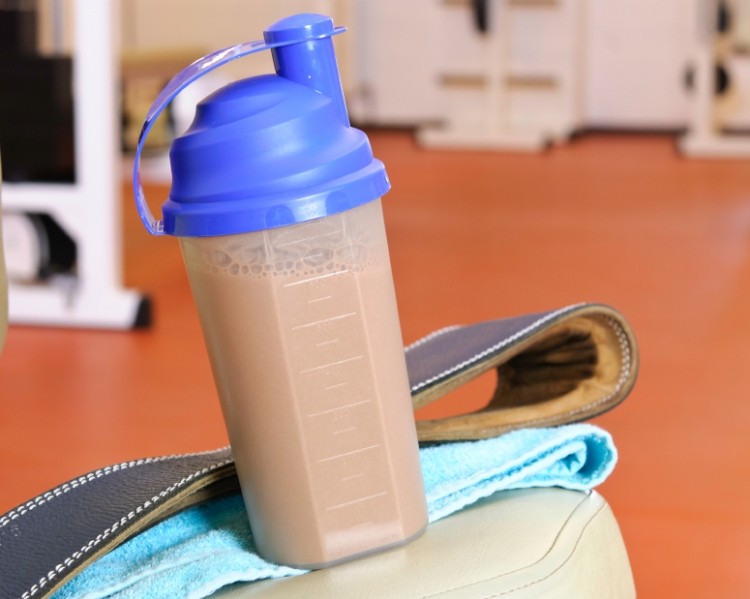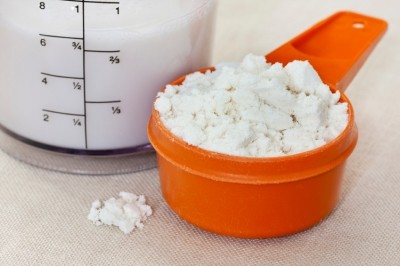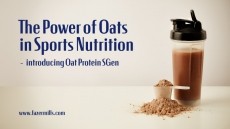Muscle-building supplements linked to testicular cancer risk

Research published in the British Journal of Cancer found that men who used supplements had a 65% greater risk (1.65 odds ratio) of developing testicular cancer than those who did not.
This increased to a 121% increased risk (2.21 ratio) for men who started using them at age 25 or younger, and a 177% greater risk (2.77 ratio) for men who used more than one kind of supplement.
Using supplements for three years was associated with a 156% increased risk (odds ratio 2.56).
Contributing author Russ Hauser said: "Our study found that supplement use was related to a higher risk of developing testicular cancer. These results are important because there are few identified modifiable risk factors for testicular cancer."
Major ingredients included creatine, protein and testosterone-enhancing androstenedione, said the report.
The authors said that their findings built on previous findings: “Use of performance-enhancing substances has become increasingly popular in the US population [and] some previous evidence has indicated that certain ingredients of muscle-building supplements may be related to testicular damage.
"It is therefore biologically plausible that muscle-building supplements use could be associated with the risk of testicular germ cell cancer.”
The study
The study recruited 356 men aged 18-55 who had had testicular cancer between 2006-2010 and 513 control cases. All subjects completed a questionnaire on possible risk factors, including exercise, smoking, drinking, family cancer history and use of muscle-building supplements.
Supplement use was defined by consumption at least once a week for four consecutive weeks, and included an assessment of 30 different types of powders and pills.
Statistical analysis found that the use of muscle-building supplements which contained both creatine and protein significantly increased the risk of testicular germ call cancer.
Lead researcher from Yale School of Public Health, Tongzhang Zheng said: "The observed relationship was strong. If you used at earlier age, you had a higher risk. If you used them longer, you had a higher risk. If you used multiple types, you had a higher risk."
The researchers adjusted data for possible confounders, as well as age, race and other demographics.
Hidden risks
The researchers also warned against unlabelled substances that have been found in supplements and may have a cancer effect.
“In addition to the ingredients in muscle building supplements that are known, there are also so-called natural components that may act as artificial hormones and other impurities that may vary by product.
“An international study found that approximately 15% of commercially available non-hormonal supplements contained undeclared anabolic androgenic steroids, including prohormones of nandrolone, which have been associated with development of testicular cancer in rats."
However the researchers said that the cancer risk of these ingredients was currently unclear and called for further epidemiological studies to confirm a causal link.
Testicular germ cell cancer is the most common solid malignancy in men aged 15-39 years and its incidence rate in the US has been rising.
According to Cancer Research UK the incidence of testicular cancer has increased by 6% in Europe over the past ten years, and 95% of cases are germ-cell tumours.
Source: British Journal of Cancer
“Muscle-building supplement use and increased risk of testicular germ cell cancer in men from Connecticut and Massachusetts”
Issue 112, Pages 1247 – 1250, doi: 10.1038/bjc.2015.26
Authors: N Li, R Hauser, et al












